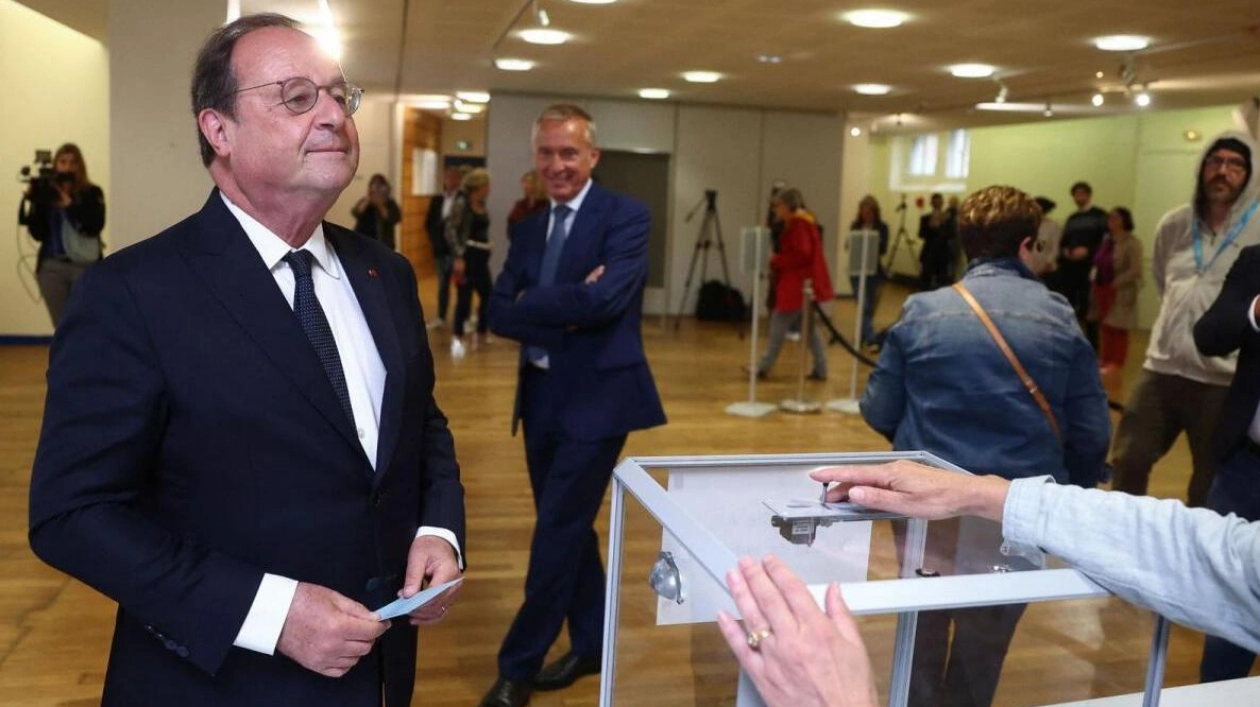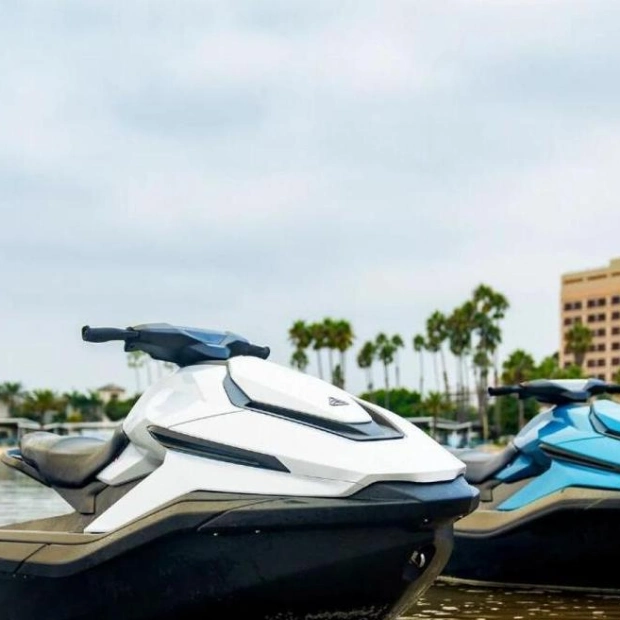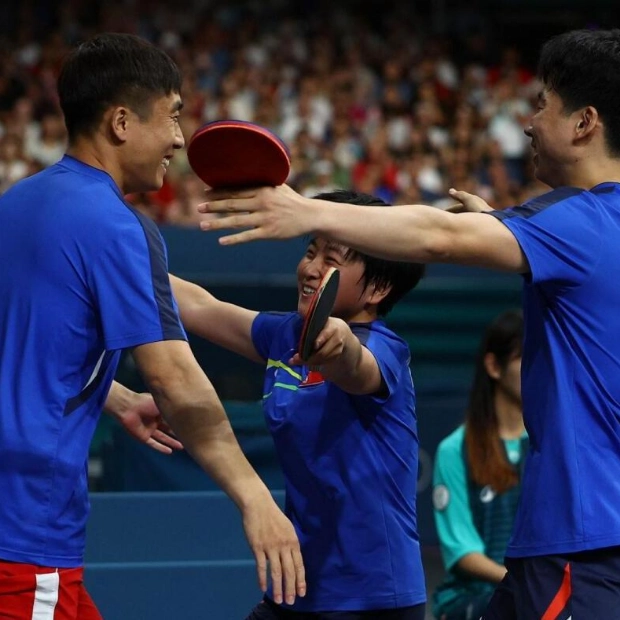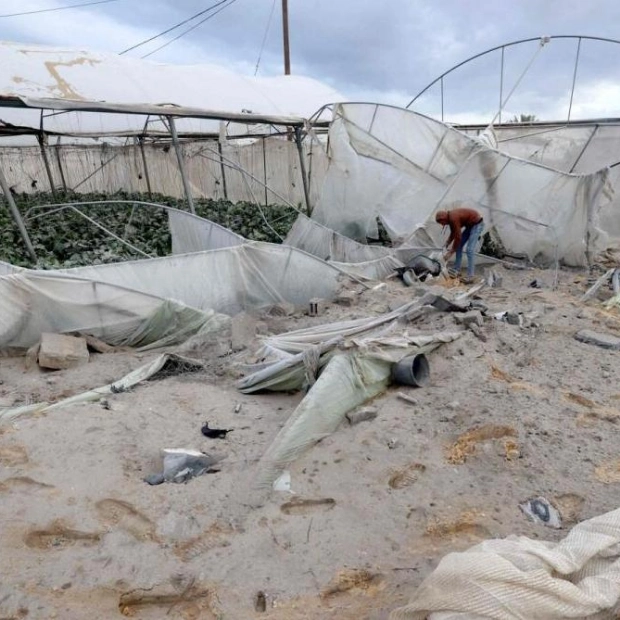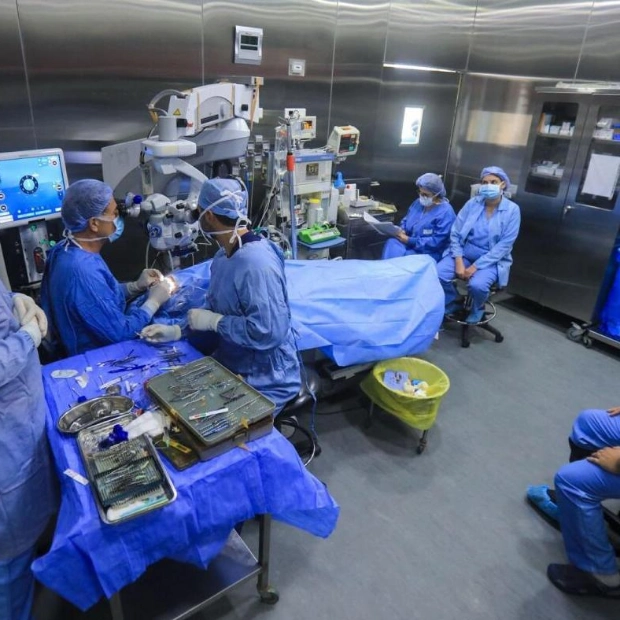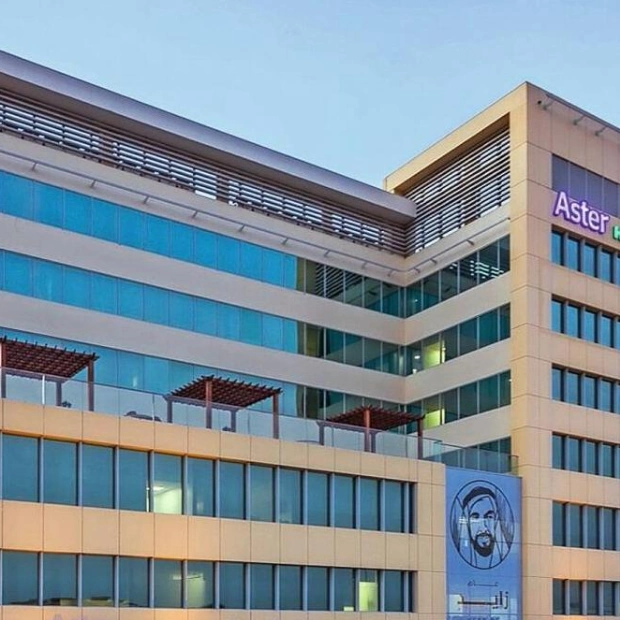On Sunday, French citizens participated in the initial phase of crucial snap parliamentary elections, which could mark a historic first with the far-right party led by Marine Le Pen gaining power. Amid ongoing tensions due to Russia's conflict with Ukraine and escalating energy and food costs, the anti-immigration and eurosceptic National Rally (RN) party has seen a significant rise in support, despite President Emmanuel Macron's efforts to thwart its rise.
This election could place the far-right in control of France for the first time since the Nazi occupation during World War II. Polling stations across mainland France opened at 8:00 am (0600 GMT) and will close after 12 hours, followed by projections that typically provide a reliable forecast of the outcome. Voters in France's overseas territories, spread across various continents, cast their ballots earlier in the weekend. Approximately 49 million individuals are eligible to vote.
These elections are fraught with uncertainty and potential significant societal impacts, according to Julien Martin, a 38-year-old architect from Bordeaux. In New Caledonia, where tensions remain high following recent violent riots, voters lined up to cast their ballots. The election is deemed 'decisive' by Cassandre Cazaux, a nurse, who expressed uncertainty about the turnout.
By midday local time in the archipelago between Australia and Fiji, voter turnout was 32.4 percent, significantly higher than the 13.06 percent recorded in the 2022 legislative polls. Prominent figures such as former president Nicolas Sarkozy, Greens party leader Marine Tondelier, and former prime minister Edouard Philippe, an ally of Macron, were among the early voters.
The elections for the 577 seats in the National Assembly are conducted in two rounds, with the final outcome expected after the second round on July 7. Most polls indicate that the RN is likely to secure the most seats in the National Assembly, although it is uncertain whether they will achieve an outright majority. Final opinion polls suggest the RN could receive between 35 percent and 37 percent of the vote, compared to 27.5-29 percent for the left-wing New Popular Front alliance and 20-21 percent for Macron's centrist camp.
Should the RN secure an absolute majority, Jordan Bardella, a 28-year-old protege of Le Pen with no prior governing experience, could become prime minister, leading to a tense 'cohabitation' with Macron. Many analysts predict a hung Assembly for France, potentially resulting in political deadlock and instability. Macron's call for snap elections, following the RN's strong performance in European Parliament elections, has created uncertainty in Europe's second-largest economy.
In June, the Paris stock exchange experienced its steepest monthly decline in two years, falling by 6.4 percent. French daily Le Monde has called for mobilization against the far right, warning that yielding power could jeopardize over two centuries of societal progress. Activists from the Femen feminist collective staged a bare-breasted protest in Paris against the extreme right, while over 100,000 people participated in an LGBTQ Pride march, targeting the far right with their placards.
There has been a noticeable increase in hate speech, intolerance, and racism during the campaign, highlighted by a viral video of two RN supporters verbally attacking a black woman. Macron has condemned such acts of racism and anti-Semitism. Despite his efforts to present voters with a critical choice about France's future, observers suggest that Macron may have miscalculated, as support for his centrist camp has waned, and left-wing parties have united to form the New Popular Front, reminiscent of a 1936 alliance against fascism.
Le Pen's sustained efforts to improve the image of her party, originally co-founded by a former Waffen SS member, appear to be bearing fruit. The party has pledged to enhance purchasing power, restrict immigration, and strengthen law enforcement. Macron remains resolute in his decision to hold these elections, cautioning that victories by the far right or hard left could lead to a 'civil war'.
